The Gimli System

'Oh...Awww, it's adorable! Look at it's little bitty rings and teensy weensy wittl-I'll take three.'
A Planet with Planets? Spitzer Finds Cosmic Oddball
from Spitzer
Planets are everywhere these days. They have been spotted around more than 150 stars, and evidence is growing that they also circle "failed," or miniature, stars called brown dwarfs. Now, astronomers using NASA's Spitzer Space Telescope say they have found what may be planets-in-the-making in the strangest of places - around a brown dwarf that itself is the size of a planet.
The
 little brown dwarf, called Cha 110913-773444, is one of the smallest known. At eight times the mass of Jupiter, it is even smaller than several planets around other stars.
little brown dwarf, called Cha 110913-773444, is one of the smallest known. At eight times the mass of Jupiter, it is even smaller than several planets around other stars. Yet, this tiny orb might eventually host a tiny solar system. Spitzer's infrared eyes found, swirling around it, a flat disk made up of dust that is thought to gradually clump together to form planets. Spitzer has previously uncovered similar planet-forming disks around other brown dwarfs, but Cha 110913-773444 is the true dwarf of the bunch.
"Our goal is to determine the smallest 'sun' with evidence for planet formation," said Dr. Kevin Luhman of Pennsylvania State University, University Park, lead author of a new paper describing the findings in the Dec. 10 issue of Astrophysical Journal Letters. "Here, we have a sun that is so small it is the size of a planet."
Brown dwarfs are born like stars, condensing out of thick clouds of gas and dust. But unlike stars, brown dwarfs do not grow large enough to trigger nuclear fusion. They remain relatively cool spheres of gas and dust.
So,
 what makes this oddball a brown dwarf and not a planet? "There are two camps when it comes to defining planets versus brown dwarfs," said Dr. Giovanni Fazio, a co-author of the new paper from the Harvard-Smithsonian Center for Astrophysics. "Some go by size and others go by how the object formed. For instance, this new object would be called a planet based on its size, but a brown dwarf based on how it formed. The question then becomes what do we call any little bodies that might be born from this disk - planets or moons?"
what makes this oddball a brown dwarf and not a planet? "There are two camps when it comes to defining planets versus brown dwarfs," said Dr. Giovanni Fazio, a co-author of the new paper from the Harvard-Smithsonian Center for Astrophysics. "Some go by size and others go by how the object formed. For instance, this new object would be called a planet based on its size, but a brown dwarf based on how it formed. The question then becomes what do we call any little bodies that might be born from this disk - planets or moons?"







 what the Great Conjunction is. 'What's the Great Conjunction?'
what the Great Conjunction is. 'What's the Great Conjunction?' 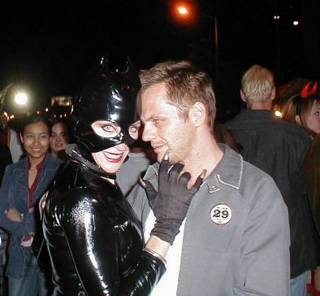
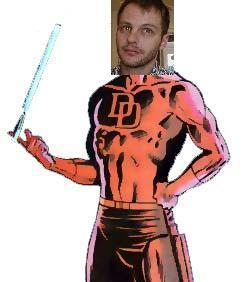



 A Is for Androids
A Is for Androids B Is for Boba
B Is for Boba C Is for Calvin
C Is for Calvin D Is for Dragons
D Is for Dragons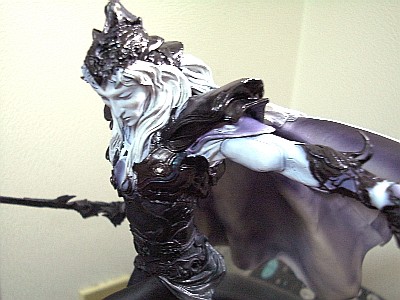 E Is for Elric
E Is for Elric F Is for Futures
F Is for Futures G Is for Genie
G Is for Genie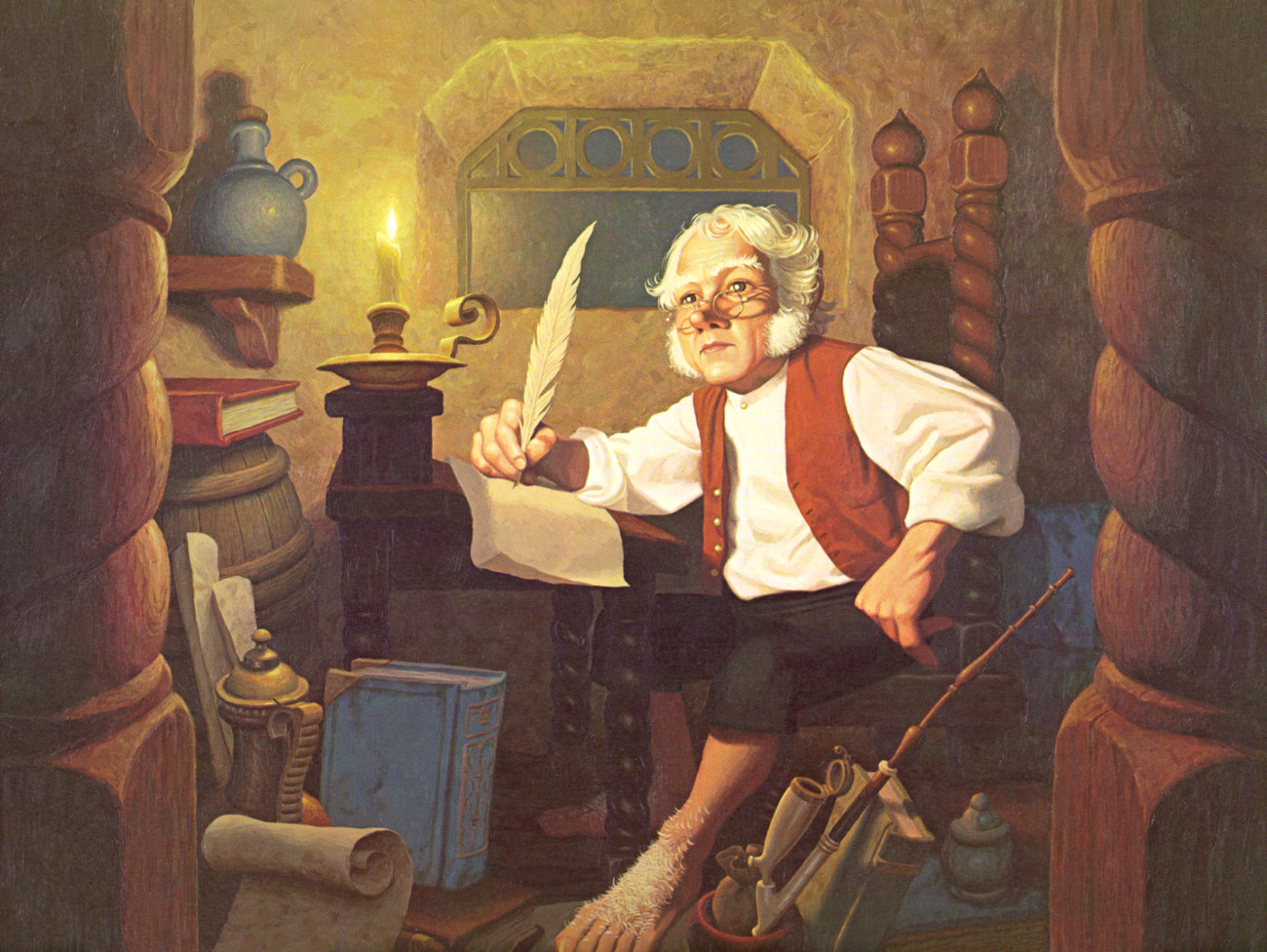 H Is for Hobbits
H Is for Hobbits I Is for Iceman
I Is for Iceman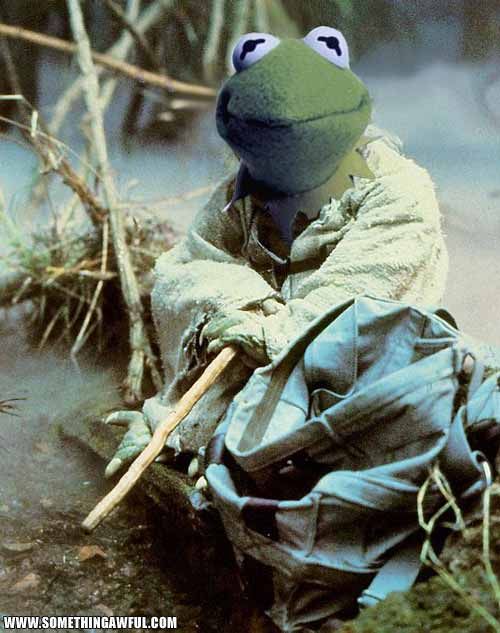 J Is for Jedi
J Is for Jedi K Is for Kraken
K Is for Kraken










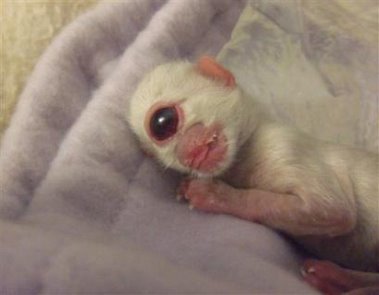









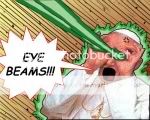












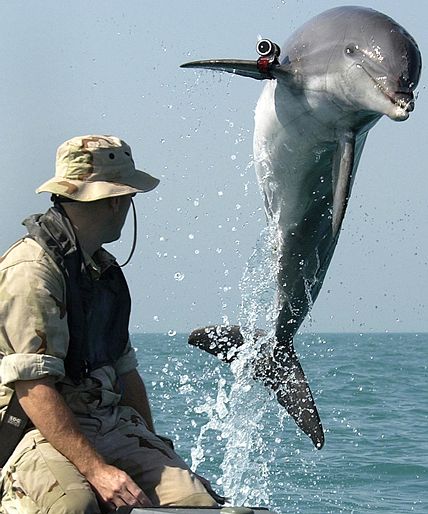

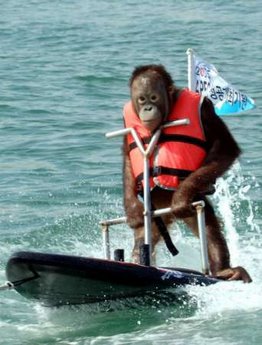
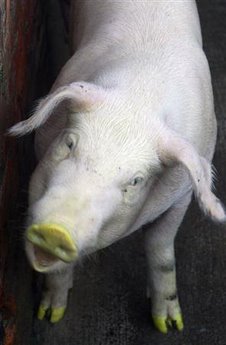



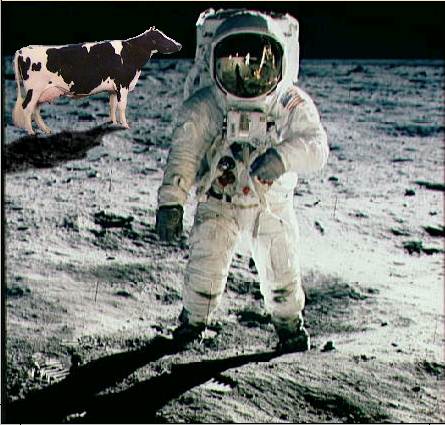
























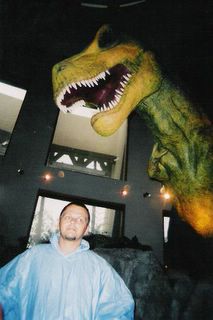



0 Comments:
Post a Comment
<< Home